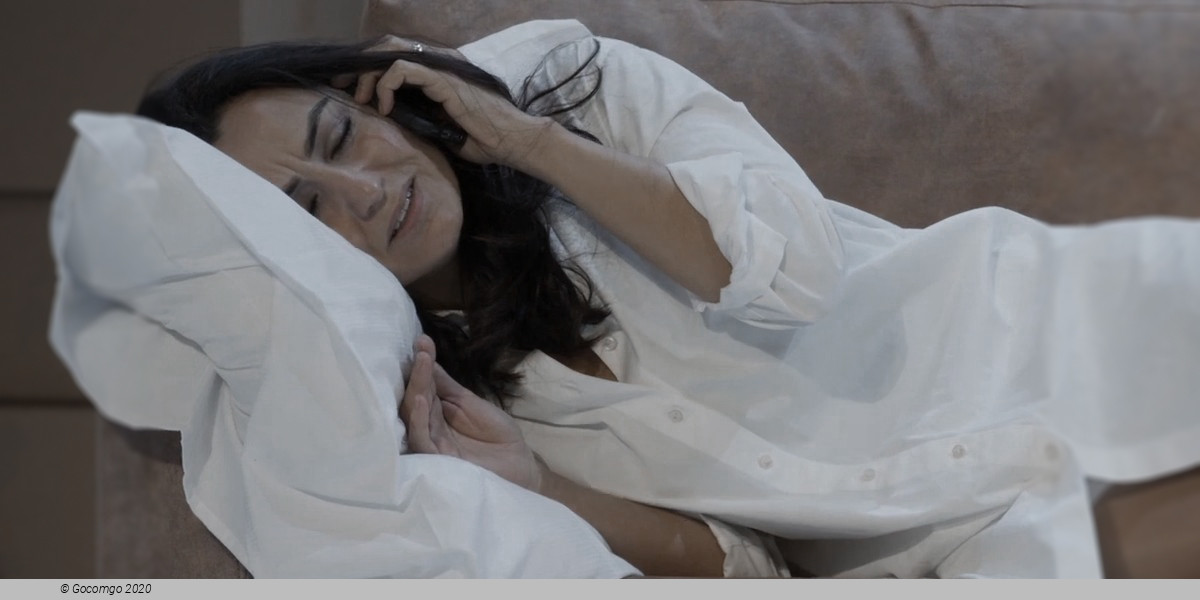Events29 results
About
Béla Viktor János Bartók (/ˈbeɪlə ˈbɑːrtɒk/; Hungarian: Bartók Béla, pronounced [ˈbɒrtoːk ˈbeːlɒ]) was a Hungarian composer, pianist, and ethnomusicologist. He is considered one of the most important composers of the 20th century; he and Franz Liszt are regarded as Hungary's greatest composers (Gillies 2001). Through his collection and analytical study of folk music, he was one of the founders of comparative musicology, which later became ethnomusicology.
Bartók's music reflects two trends that dramatically changed the sound of music in the 20th century: the breakdown of the diatonic system of harmony that had served composers for the previous two hundred years (Griffiths 1978, 7); and the revival of nationalism as a source for musical inspiration, a trend that began with Mikhail Glinka and Antonín Dvořák in the last half of the 19th century (Einstein 1947, 332). In his search for new forms of tonality, Bartók turned to Hungarian folk music, as well as to other folk music of the Carpathian Basin and even of Algeria and Turkey; in so doing he became influential in that stream of modernism which exploited indigenous music and techniques.
One characteristic style of music is his Night music, which he used mostly in slow movements of multi-movement ensemble or orchestral compositions in his mature period. It is characterised by "eerie dissonances providing a backdrop to sounds of nature and lonely melodies" (Schneider 2006, 84). An example is the third movement (Adagio) of his Music for Strings, Percussion and Celesta.
His music can be grouped roughly in accordance with the different periods in his life.



